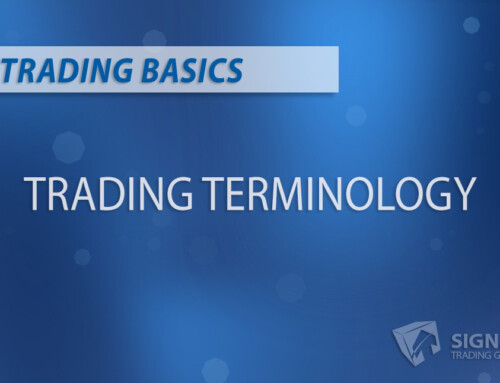Fear and Greed: The Emotional Roller Coaster of Investing
Investing in the financial markets exposes investors to a wide range of emotions. Two of the strongest emotions driving investment decisions are fear and greed. Both of these emotions can tremendously impact the investment process, causing investors to make hasty decisions that can jeopardize their long-term financial success. In this article, we will analyze the role fear and greed play in the investment landscape and discuss strategies to overcome these emotions to achieve long-term financial success.
The Effects of Fear and Greed on Investment Decisions
Fear and greed are powerful forces that influence investor behavior and drive market fluctuations. Fear often creates a sense of panic during economic downturns, causing investors to sell their investments in a rush to protect themselves from further losses. On the other hand, greed fuels irrational exuberance during bull markets, pushing investors to chase high returns on risky investments in the hope of quick profits.
A Tale of Fear: Selling Valuable Investments Too Soon
Imagine an investor owning shares in a well-established company with a strong track record of growth. However, global economic conditions become uncertain, causing the stock market to experience significant volatility. Fearful of losing their investment, the investor decides to sell their shares, locking in a small gain or a loss.
This impulsive decision may prevent the investor from realizing the full potential of their investment. If the company continues to perform well in the long term, the investor may miss out on significant returns due to their fear-induced decision to sell prematurely.
A Tale of Greed: Chasing Risky, High-Return Investments
In contrast, greed can lead investors to take on excessive risk in pursuit of high returns. For example, consider an investor who enters the market during a period of rapid growth, driven by the expectation of quick profits. Tempted by the possibility of doubling or tripling their investment, they buy shares in speculative companies displaying unrealistic growth projections.
Often, such investments can come crashing down as market conditions change, leaving the investor with a substantial loss. Pursuing quick profits driven by greed takes the investor’s focus away from a well-structured long-term investment plan.
Overcoming Fear and Greed to Achieve Long-Term Financial Success
To combat the impact of fear and greed on investment decisions, investors must develop a solid investment plan that considers short-term market fluctuations. Following a disciplined approach, such as the implementation of these tactics, is key to maintaining long-term resolve:
- Portfolio Diversification: Diversifying investments across various asset classes and sectors reduces the risk of significant losses due to market volatility.
- Invest for the Long Term: By focusing on long-term goals rather than chasing short-term profits, investors can stay disciplined and stick to their plans during times of fear or greed.
- Remain Informed: Staying up-to-date with global events and understanding the factors affecting market movements will help investors identify investment opportunities and potential risks.
- Set Reasonable Expectations: Investing is not a get-rich-quick scheme. Establishing realistic expectations about expected returns and risk levels helps to create more informed decisions.
- Seek Professional Advice: When in doubt, investors may seek professional advice from an investment expert. Their knowledge and experience can provide valuable insights and help investors make informed decisions in times of uncertainty.
By following these simple steps, investors can remain focused on their long-term objectives, mitigating the impact of fear and greed on their investments. Long-term success in investing requires patience, discipline, and a clear understanding of the risks associated with each investment. With these factors in place, investors are better positioned to achieve their long-term financial goals and enjoy the rewards of their hard work.
Conclusion
Fear and greed represent two powerful emotions that can cause investors to make poor decisions when it comes to investing. To ensure long-term success, investors must develop and stick to a well-structured plan, even during market volatility. By adhering to a disciplined approach and seeking professional advice when necessary, investors can mitigate the impact of fear and greed while still achieving their financial goals. Investing is a marathon, not a sprint – with patience, discipline, and knowledge; investors can achieve long-term success.





